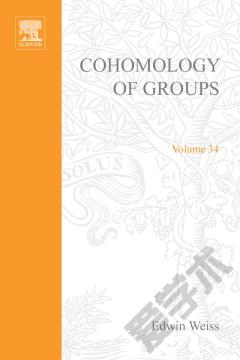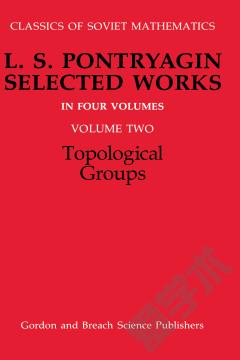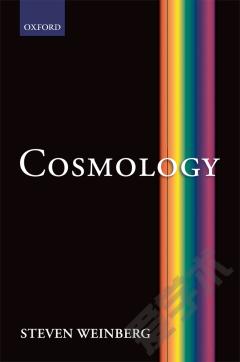Local Group Cosmology
One of the most fascinating unresolved problems of modern astrophysics is how the galaxies we observe today were formed. The Lambda-Cold Dark Matter paradigm predicts that large spiral galaxies such as the Milky Way formed through accretion and tidal disruption of satellite galaxies. The galaxies of the Local Group provide the best laboratory in which to investigate these galaxy formation processes because they can be studied with sufficiently high resolution to exhume fossils of galactic evolution embedded in the spatial distribution, kinematics, and chemical abundances of their oldest stars. Based on the twentieth Winter School of the Canary Islands Institute of Astrophysics, this volume provides a firm grounding for graduate students and early career researchers working on Local Group cosmology. It presents modules from eight eminent and experienced scientists at the forefront of Local Group research, and includes overviews of observational techniques, diagnostic tools, and various theoretical models.
{{comment.content}}








 京公网安备 11010802027623号
京公网安备 11010802027623号